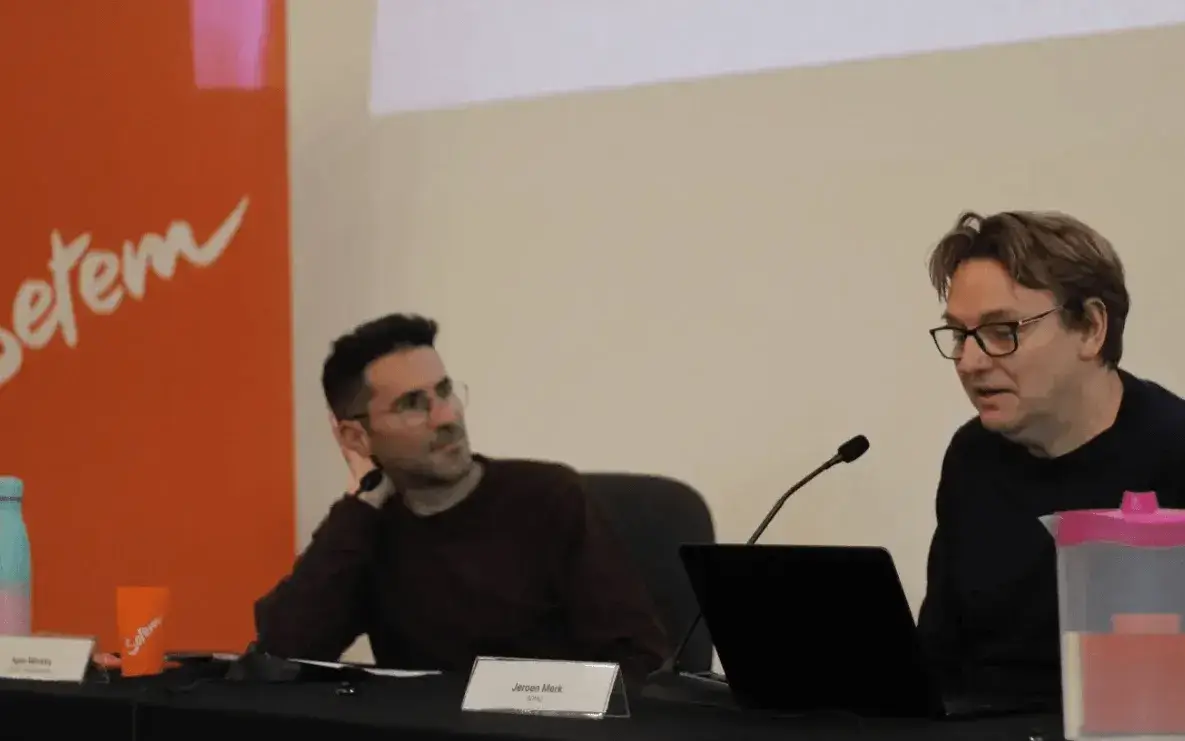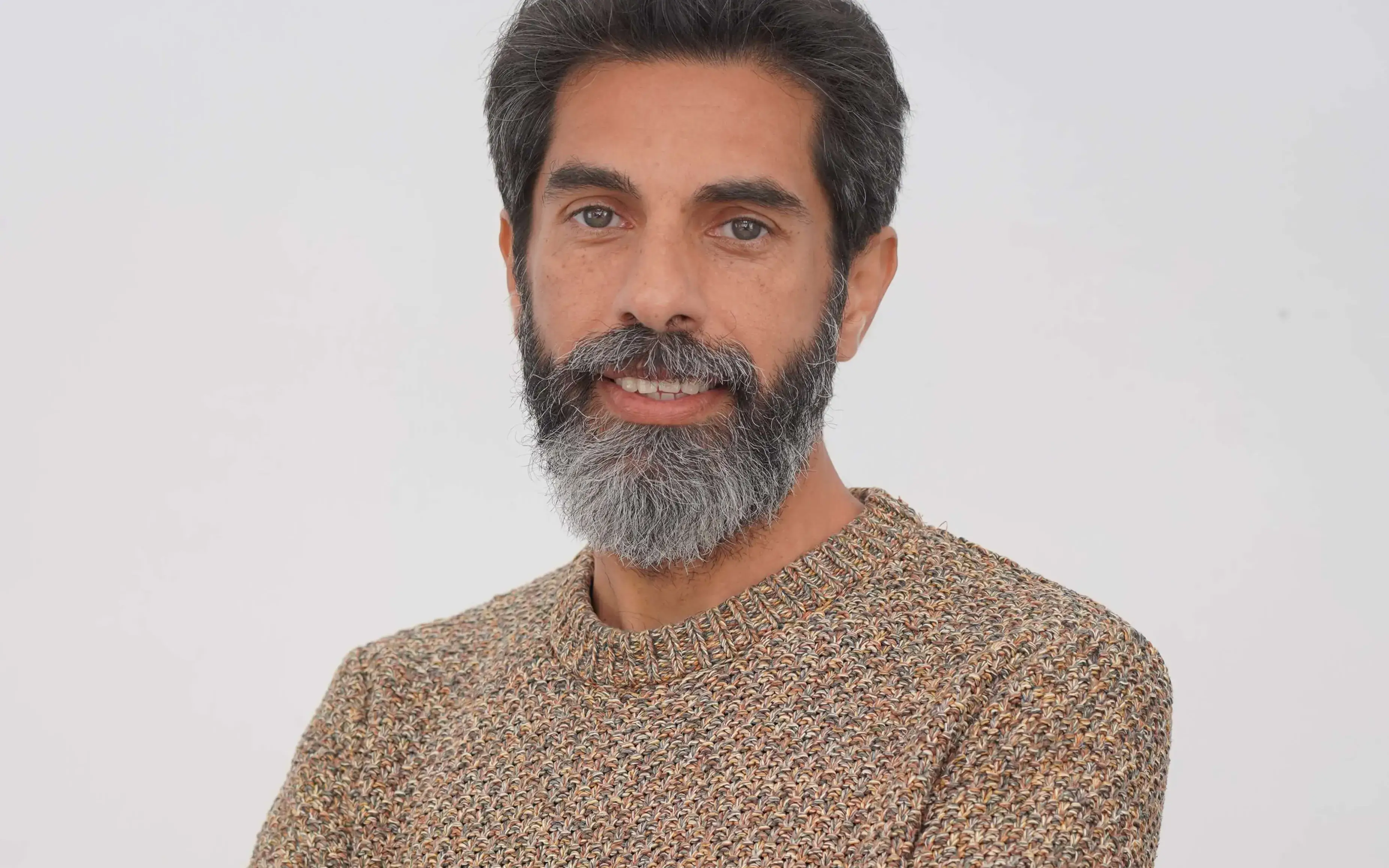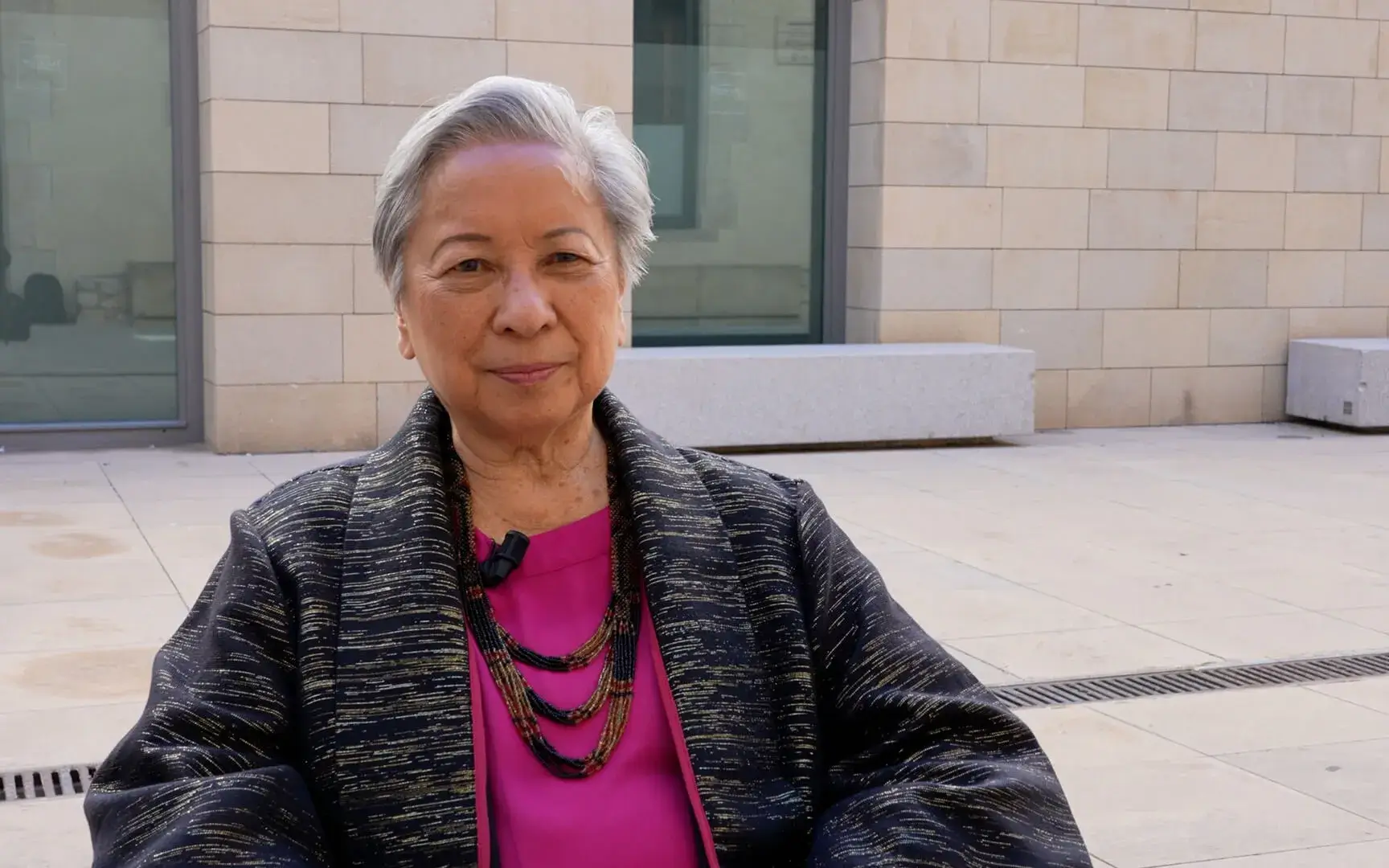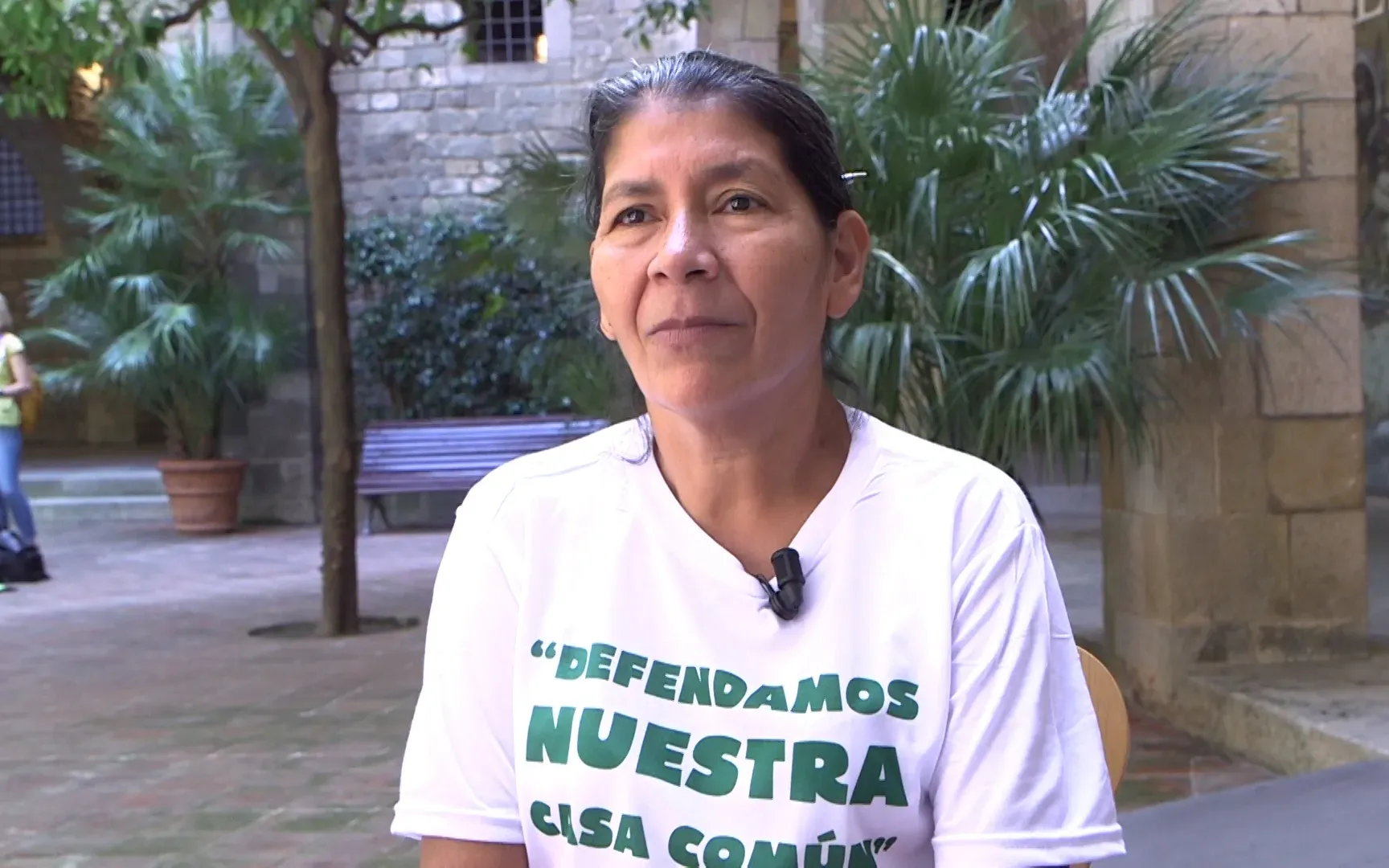The board member at ABONG, a Brazilian network defending rights, talks to us about the role citizens play in fighting for democracy and defending social rights.
Nonprofit, in collaboration with the Catalan organization Taula del Tercer Sector de Catalunya, has talked with Athayde Motta, the executive director of IBASE, the Brazilian Institute for Social and Economic Analysis, and a member of the ABONG association. This interview is one in three that have been conducted to learn more of the social reality in Brazil and the role that non-profit organizations play and must play to have an impact on policies and struggles to fight social inequalities.
Athayde also works in favour of democracy and power networks, active citizenship and the empowerment of the poorest through research and direct action.
How would you define the social agenda in Brazil? What are the main challenges?
Considering the history of Brazil’s society as a process marked by inequalities, we may say that poverty has risen and that today we are poorer than 5 years ago. Since the 70s’ and the dictatorship, we were walking slowly but firmly towards a more democratic society; however, today’s social agenda is marked by a rise in poverty and hunger, which had been overcome but is now back.
There’s a scenario of social chaos that is a strong reminder of the past and of the struggle we have carried out for 30 years that has been dismantled by the far right.
What role has civil society played in recent years to face up to the process of political polarization? What is the Outlook in the current framework of political change?
The role that civil society can play to rebuild this is paramount. In all sectors of civil society, we see Bolsonaro’s imprint, even in those that weren’t necessarily far right. This is why civil society must play a leading role; it was a sector that remained mostly democratic, resisting and opposing, while many other sectors, for whichever reason, remained silent or aligned with him.
Civil society can re-establish dialogue and democratic practices. We want to be able to disagree, but we don’t want to kill each other. This is not part of our political dialogue. Women and abortion, indigenous peoples and land, the black and racism… We have never defended violence. We want to do politics in our everyday lives, but with no violence.
Even then, it is difficult to do so when politicians themselves can carry weapons, that are growing in numbers in politics. There can be no democracy if the other side feels threatened.
How would you define the Brazilian associative movement?
One basic feature of the movement is that for ten years we had parallel processes ongoing but without much dialogue. Now we are seeing foundations, non-profits and human rights’ organizations coming closer. We are witnessing ties emerging between the different topics on the agenda: gender and racial equality…they are all fundamental to change the scenario of poverty and inequality. The trend is towards greater convergence.
We want to better showcase what we do and harness our mutual commitment to democracy. We want to move beyond giving assistance to come up with transformative solutions: the underlying causes underpinning inequalities and poverty.
What kind of public support do social organizations receive?
In the past we saw some initiatives, but now there are barely any public funds to help social organizations implement rights. We hope the current government will establish new lines to support the social sectors and to improve access to resources for these organizations. In this process it is important for social organizations to maintain their autonomy so that they can reclaim rights.
What social innovation processes have you identified in recent years? What explains them and where have they led to?
All of Brazil’s progressive policies are based on local action by a social group. Black populations wanting to go to university got together and created intergenerational support programmes. This shows that we can train people and create a legitimate social movement to contribute to more black people accessing university. There continue to be issues of racism at universities: studying is expensive, one needs to buy textbooks… Politics must be broad, as more is needed to encourage access to university and for this experience to be a full one.
Vulnerable populations invent ways in which to deal with their problems. Beyond community-based organization for certain groups to access education, in drought-prone areas social groups build water catches to use rainwater carefully and awareness-raising programmes to promote sustainable consumption. Another example is found in populations living in shantytowns, who set-up their own businesses as a means to generate income. The best way we can contribute is to make space so the most vulnerable can create solutions.
Do you have experiences of collaboration with social organizations from other countries? How do you see cooperation among social organizations in Latin America?
There are times when we are very well integrated, where there is dialogue and cooperation…and then, suddenly, these dynamics vanish. It works in peaks…it depends on the topic, the capacity of networks, the political realities in the different countries. Internationalization activities are costly and demanding. Our idea is that cooperation happens in territories and for more organizations to participate in international processes.
What is your outlook on European agendas: from the social level to foreign action and the push to strengthen civil society in other countries?
Brazil’s civil society is not yet able to look at the EU as a political actor it can dialogue with. We spend time and energy preparing projects or justifying them; they are important for our work, but we can’t relate to them directly. It is also important to say that the European Union is an important political actor: its position is clearly in favour of democracy, but we have little space to discuss this. We too are interested in cooperation policies to participate in other dialogues with spaces for regional integration in Latin America.
If you found it interesting, you can consult the rest of the contents of the monograph, as well as the interview with the director of the Polis Institute and the Former coordinator for fundraising at Oxfam Brazil.







Add new comment